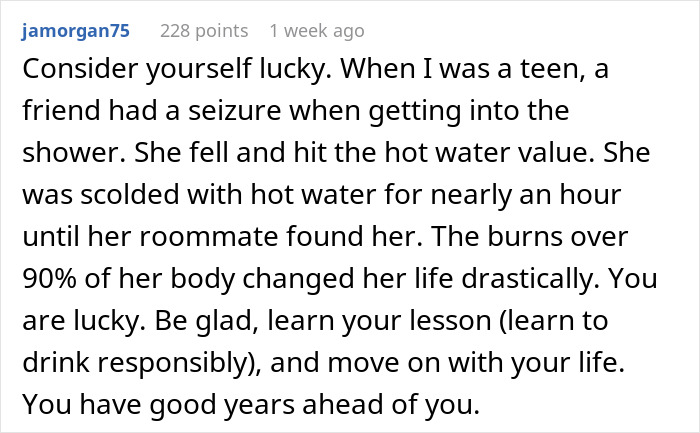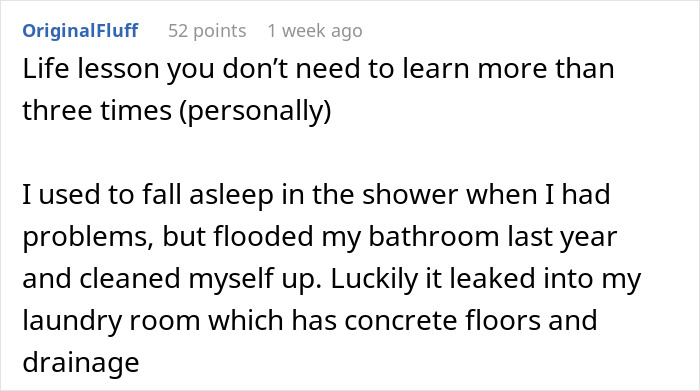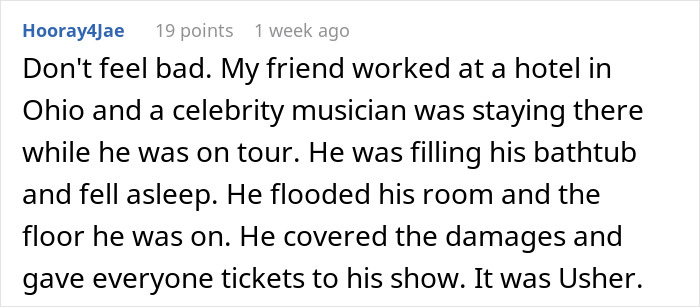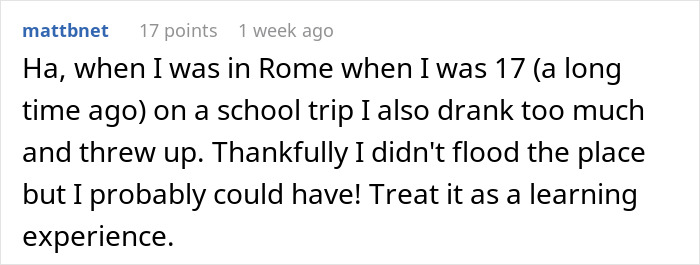Getting drunk as a teenager only seems fun in TV shows and movies. They rarely show the destructive side of underage drinking. In fact, teen shows often glamorize substance abuse. And although growing up faster and becoming adults may be the main thing teenagers want, getting drunk is not a shortcut to adulthood.
This teen had to find out the consequences of too much partying the hard way. Never mind the havoc alcohol wreaks on your body. This 17-year-old caused some serious property damage when he decided to get drunk on a school trip to Rome. His story is the perfect anti-drinking PSA and a cautionary tale to drink responsibly.
Bored Panda sought the expertise of Neuroscientist Aaron White, Ph.D. He is the senior scientific advisor to the director of the National Institute on Alcohol Abuse and Alcoholism and part of the U.S. National Institutes of Health. We talked to him about why teenagers drink, how it impacts their physical and mental health, and what the best prevention methods are. Read his expert insights below!
Falling asleep in the shower inebriated can have tragic consequences

Image credits: kevin Baquerizo / Unsplash (not the actual photo)
This 17-year-old got lucky and only flooded a hotel
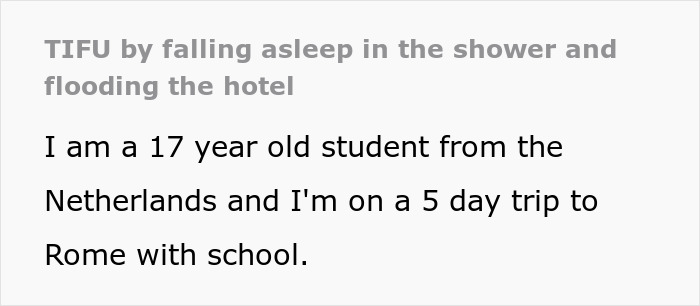
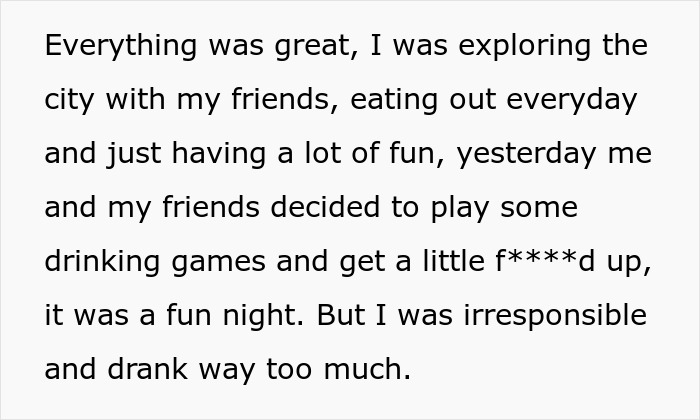

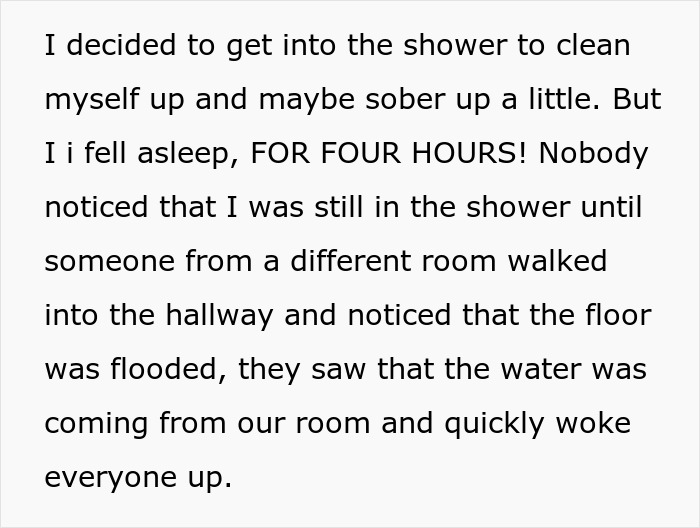

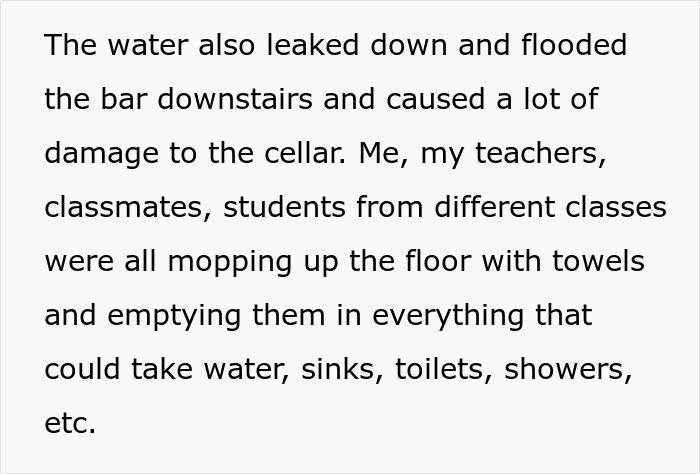

Image credits: Pixabay / Pexels (not the actual photo)
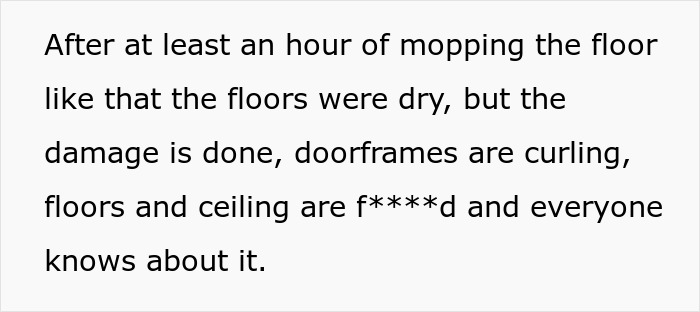
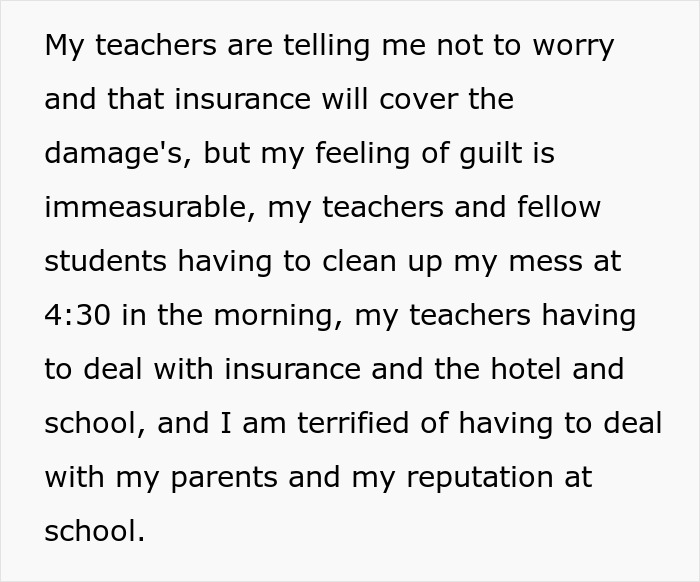

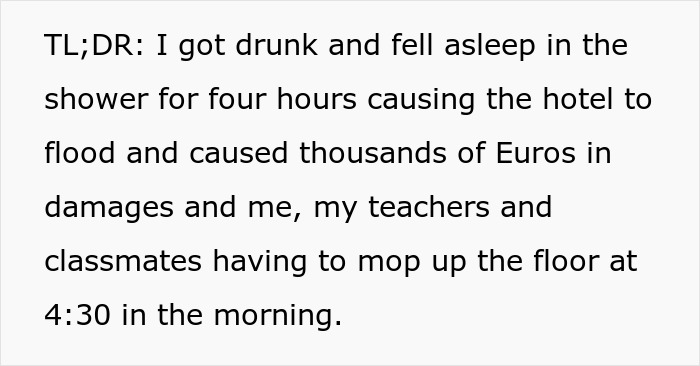
Image credits: itsyaboyTOMTOTA
Teens drink because they mirror what they see in their parents, the media, and their peers, or they are looking for a coping mechanism
Dr. Aaron White, Ph.D., tells Bored Panda that alcohol is an intrinsic part of our culture. He says that almost 70% of adults drink alcohol, and teenagers often model their behavior after adults. “The more alcohol in the environments in which kids grow up, the more likely they are to drink and to do so excessively,” he explains. Many studies (in 2011, 2017, and 2020) show that what teens see on social media can normalize expectations about alcohol and its use. “The desire to fit in with peers and socialize can also contribute to alcohol use,” Dr. White tells us.
Some teens start drinking to cope with childhood trauma, too. “Some young people learn that alcohol has a temporary numbing effect on uncomfortable emotions, which can motivate alcohol use among teens who are struggling with things like stress, anxiety, and depression,” Dr. White says. “Unfortunately, in the long-term, alcohol only makes these issues worse,” he adds. “Drinking to cope is associated with a faster progression of alcohol misuse, worsening mental health, and a higher incidence of alcohol-related harms such as injuries.”
The negative effects of alcohol on teens are staggering. “It interferes with the wiring of neural circuits involved in decision-making, reasoning, and impulse control. The earlier someone starts to use alcohol, the more likely they are to develop alcohol use disorder (AUD) at some point in their lives,” Dr. White explains. He says that the causes of teenage drinking and its negative effects go both ways. “Young people who experience symptoms of anxiety, depression, and PTSD are more likely to drink alcohol during adolescence, and drinking alcohol during adolescence causes these conditions to worsen.”
Effective strategies to reduce underage alcohol use include policies, parental monitoring, and regular screenings
Dr. White explains that official policies are effective in reducing underage alcohol use. Like setting the minimum legal drinking age at 21 and zero tolerance laws for drinking and driving for those under 21. “Parents and other caregivers also play key roles,” Dr White says. Interestingly, a review of data from 131 studies found that teens are more prone to drink when their parents provide them with alcohol. The same goes for when the parents have positive attitudes toward drinking or when they themselves drink excessively.
However, preventative measures taken by parents also have a strong effect. “Adolescent drinking is less likely in homes with more parental monitoring (e.g., curfews), better parent-child relationships, parental involvement in kids’ daily lives, and parental support.” As some teens turn to alcohol to cope with stress, teaching them healthy ways to do that can reduce their motivation to drink. The same goes for developing an unhealthy relationship with alcohol.
“Beliefs about alcohol and decisions about alcohol use are shaped through a complex web of social interactions, the home environment, exposure to alcohol-related content in traditional and social media, and environmental influences from the community. Prevention strategies that address multiple aspects of the environment at once (e.g., school, individual, family, peer group, and community) can be particularly effective,” Dr. White emphasizes.
Healthcare providers and school counselors also play critical roles in guiding teenagers. One study showed how asking teens through surveys about their drinking habits can help professionals spot those who are at risk of developing AUD. “Screening followed by a brief intervention and referral to treatment (SBIRT) or to other resources, if needed, could help reduce the likelihood that a young person will go on to develop AUD or experience harms related to alcohol.”
“Unfortunately, too few adolescents are currently screened or given advice during physician visits,” Dr. White adds. “Regular discussions between teens, pediatricians, counselors, and other healthcare professionals could have a big impact on decisions about drinking among teens.”
Showering doesn’t help you to sober up
The kid writes in their post how they thought showering would help them sober up a little. While it’s understandable that a 17-year-old who doesn’t know better thought this, you might be surprised that not all people know the danger of showering after heavy drinking.
Some people, like the teen in this story, wanted to alleviate the uncomfortable symptoms like nausea and dizziness by hopping into the shower. But there’s no scientific evidence that proves this could help our bodies to metabolize alcohol faster.
The only good a shower might do you when you’re drunk is that it may counteract the symptoms of dehydration. A shower can alleviate itchiness from dry skin and rehydrate it. Other than that, only warm showers really have any effect. It can calm you by lowering your blood pressure and help with substance-induced anxiety.
The myth that a cold shower helps a person sober up is fiction. According to a study from Ohio State Health, spending 10 to 20 minutes in the shower helps lose weight and sleep better. But it will not make your body metabolize alcohol any faster.
This myth is probably so rampant because a cool shower can reinvigorate and reenergize you. However, that only gives a person an illusion that they might be sobering up – the amount of alcohol in your blood will, sadly, remain the same as it did before the shower.
Taking a shower while very drunk is dangerous
When a person is drunk, their coordination and decision-making abilities are impaired. They’re more prone to losing balance, falling, and slipping, and a wet environment like a shower only increases the risk of all of these things happening.
Julia Chester, assistant professor of Psychological Sciences at Purdue University, told Forbes that stepping into a shower while drunk is dangerous because alcohol is already reducing the temperature of the drunken person. The shock of a cold shower can actually make people lose consciousness. On a similar note, if a drunk person takes a warm shower, it may increase alcohol-induced drowsiness.
The sad reality is that time is the best way to sober up. All the other myths are only that – myths. Coffee only gives you the feeling of alertness, but it doesn’t decrease the concentration of alcohol in your blood. Exercise also doesn’t accelerate the rate at which your body metabolizes alcohol. Eating before drinking slows down the absorption of alcohol, but it’s only a preventative measure. When you’re already drunk, eating won’t help.
Katie Bellamy, a substance misuse prevention specialist at DePaul University, told 14East that the only way to sober up is to let time take its course. “Those myths out there are harmful to people’s health because a person might engage with alcohol in a riskier way if they think that eating bread will help them sober up. I think if more people knew that time is the only way to sober up, more people will respond accordingly.”
Many commenters told the teen he was lucky to be alive, and others tried to see the humor in the dark situation
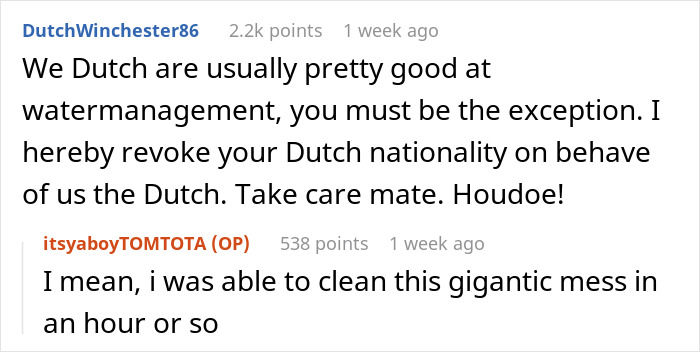
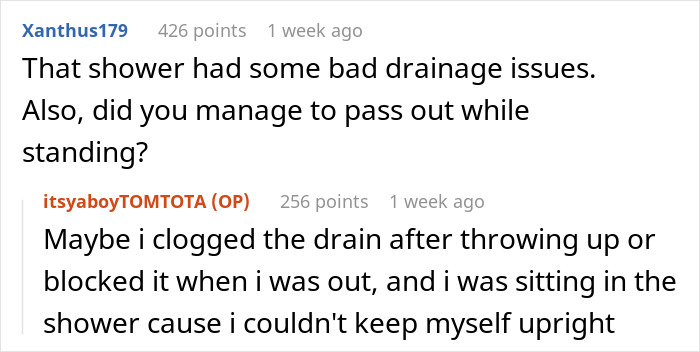
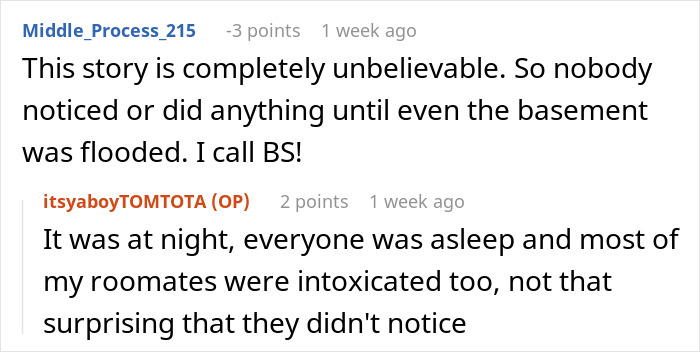

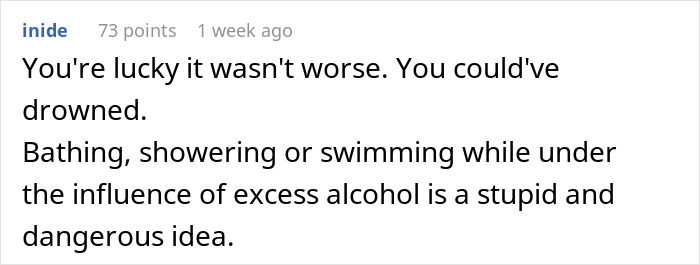


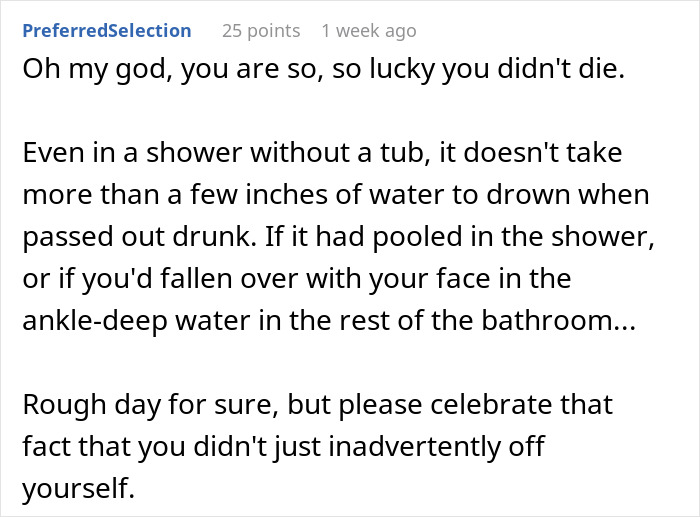

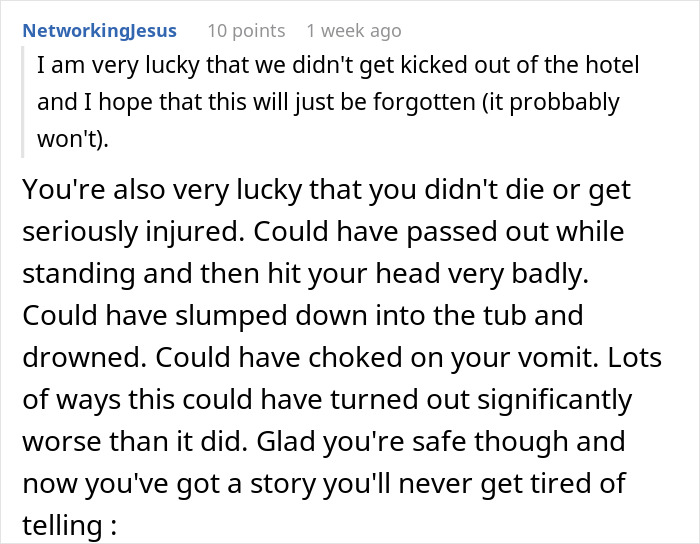
Others shared their tales of when a drop had been taken recklessly
